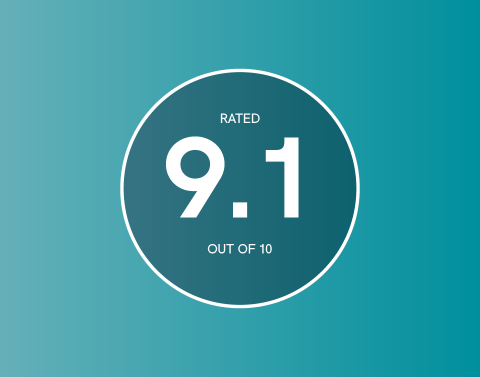After its recent consultation on the financial market, the EU Commission deduced that there were steps to be taken around global growth, innovation and security within its fastest-growing vertical: fintech.
In a time of mobile banking, wearable tech and cryptocurrencies, fintech represents the juncture between two worlds undergoing dramatic transformation. Such innovation has paved the way for new services and business models, as start-ups within the space aim themselves squarely at an audience looking for the next big thing. And traditional financial institutions are taking note.
How businesses can scale-up to meet this demand was one of the major objectives drawn from the EU Commission’s consultation, carried out in March 2017 to ascertain potential future actions for financial services organisations. The resulting 19-point action plan aims to foster fair competition and collective thinking, so that this step change may be harnessed for the good of the whole industry. While the models are not expected to always correlate, collaboration will certainly bring the best results for the modern consumer.
The other key aims of the plan are to ‘support the uptake of new technologies such as blockchain, artificial intelligence and cloud services’, and ‘increase cybersecurity and the integrity of the financial system’.
Among its 19 steps, the EU Commission hopes to enable burgeoning fintechs to confidently approach growth projects through a commitment to clearer licencing and aligned standardisation. Previously, member states have not been able to agree on application programming interfaces, which has created difficulty in international expansion. The Commission’s plan will prioritise a uniform approach by mid-2019.
Clarity and consistency of practice were also considered in the consultation, as the Commission revealed that supervision of commercial activity does not, at present, merit broad legislation. Where these gaps may expose potential pitfalls, the freedoms afforded by looser regulation could also warrant a business case for more ambitious projects. The safety net? Core funds-based services are still subject to regulatory and compliance best-practice, ensuring risky business moves do not come at the expense of due diligence.
Cybersecurity was another talking point, as the EU Commission prioritised resilient fail-safes to protect consumers during this period of rapid growth. Both consumers and companies need to feel confident in the financial decisions they make, as the market has been a consistent target of cybercrime in the past 18 months. This is an issue shared among all FS businesses, irrespective of model, MO, or market share.
Another initiative on the 19-point plan highlighted the importance of bringing wider investment into financial businesses. Start-ups must embrace new avenues if they are to make the most of opportunities for international success. The Commission has presented a proposal for regulation in crowdfunding, not unlike MifID II, which will mean organisations can extend their services into the EU – an historically underdeveloped region for crowdfunded business.
As well as bringing wider investment into the financial services industry, businesses need to attract the talent to harness it. Year-on-year hiring demand in this space has been rising exponentially, with some unique activity in terms of the areas fintechs are targeting. We have noted an increased demand for API development, integration and testing skills, on top of growing appetite for cloud security, application security and security engineers with experience using open source technology. Fintech companies need to compete for the financial regulation and compliance experts that are sought-after by long-established organisations, as the market adapts its best-practice in line with more innovative offerings. However, Fintechs must carefully position their candidate attraction strategies to compete with both the banking and tech sectors, focusing on how to engage staff.
Like any business, the success of a fintech is directly correlated to the success of its people strategies, which must prioritise talent determined to achieve the company’s vision and mission. Attracting, retaining and developing such individuals is becoming an increasingly strategic aspect of this market, given the competition for talent during this time of immense change.
If you would like to learn more about the Fintech industry, or wish to discuss how you can enhance your candidate attraction skills, speak to OJ. For our latest financial services roles, click here.
For further details on the EU Commission’s latest implementations, visit https://ec.europa.eu/info/publications/180308-action-plan-fintech_en.



